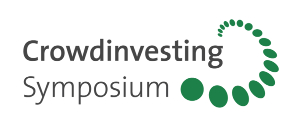Max-Planck-Institut für Innovation und Wettbewerb, München, Raum E10
In its 2017 Lilly v Actavis decision, the Supreme Court of the United Kingdom decided to alter the way in which questions of patent claim construction and infringement are dealt with under UK law. A doctrine of equivalents is back again in England. In this seminar Mr Justice Birss will seek to explain the implications of this decision and what may be some of the difficulties which the courts will have to grapple with as a result. A fundamental question relates to the interaction between validity and this new approach. Or to pose the question another way: is Lilly v Actavis a decision about claim scope in general or infringement in particular?
Dr. Klaus Bacher, Richter am Bundesgerichtshof, wird im Anschluss die Grundgedanken der Äquivalenzlehre in Deutschland aufzeigen und auf die Entwicklung der Rechtsprechung hierzulande eingehen.
Zur Erleichterung unserer Vorbereitungen bitten wir um Anmeldung bis Freitag, den 7. September 2018 per E-Mail an elisabeth.amler(at)ip.mpg.de

